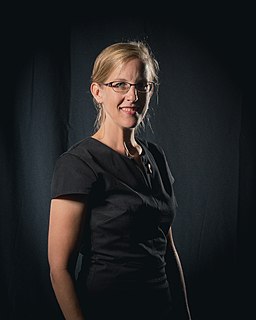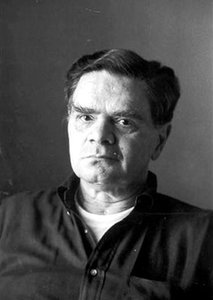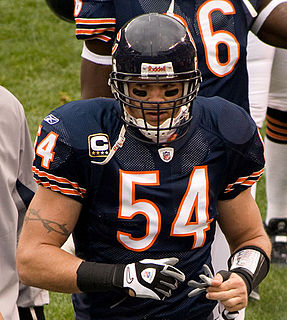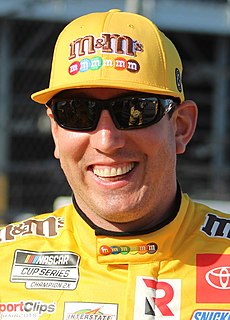A Quote by Alan Perlis
Every reader should ask himself periodically “Toward what end, toward what end?”—but do not ask it too often lest you pass up the fun of programming for the constipation of bittersweet philosophy.
Quote Topics
Related Quotes
A poem, as a manifestation of language and thus essentially dialogue, can be a message in a bottle, sent out in the –not always greatly hopeful-belief that somewhere and sometime it could wash up on land, on heartland perhaps. Poems in this sense too are under way: they are making toward something. Toward what? Toward something standing open, occupiable, perhaps toward an addressable Thou, toward an addressable reality.
The final moment of success is often no more thrilling than taking off a heavy backpack at the end of a long hike. If you went on the hike only to feel that pleasure, you are a fool. Yet people sometimes do just this. They work hard at a task and expect some special euphoria at the end. But when they achieve success and find only moderate and short-lived pleasure, they ask is that all there is? They devalue their accomplishments as a striving after wind. We can call this the progress principle: Pleasure comes more from making progress toward goals than from achieving them.
Ask not of me, love, what is love?
Ask what is good of God above;
Ask of the great sun what is light;
Ask what is darkness of the night;
Ask sin of what may be forgiven;
Ask what is happiness of heaven;
Ask what is folly of the crowd;
Ask what is fashion of the shroud;
Ask what is sweetness of thy kiss;
Ask of thyself what beauty is.
If we generally like the way things are now, we must also ask whether our current situation is really so different from the open ages of radio, film, or the telephone. Might it not also have seemed in those times that the orgy of limitless entrepreneurism would never end? The point is that we are near the high end of a pendulum arc that, so far, has aways begun to swing in the opposite direction -toward greater integration and centralization- with a force that can seem inexorable.




































